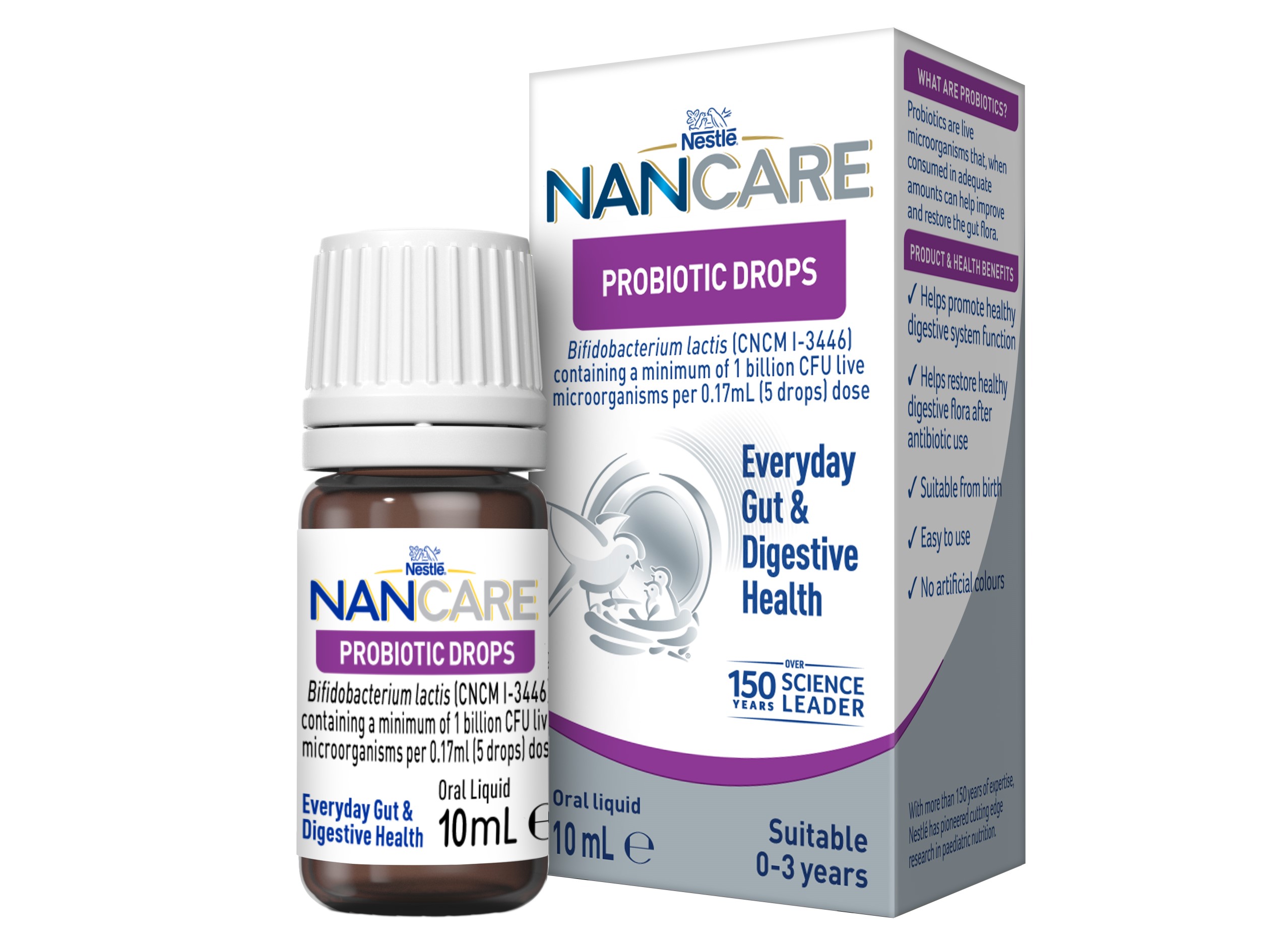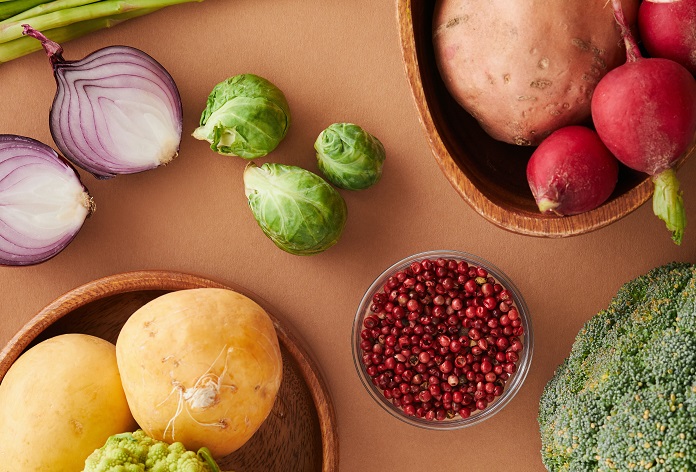Is drinking pineapple juice good for your skin?

Pineapple is a tropical fruit that is packed with many beneficial properties for one’s health. Because it is low in calories while being high in nutrients such as vitamins, antioxidants, fiber, and water, it is an excellent choice for a snack. Some individuals have tried eating the fruit or applying it to their skin in an effort to improve the overall health of their skin due to the fruit’s high nutritional and antioxidant content.
According to legend, the pineapple first appeared in South America. This fruit is loaded with anti-inflammatory elements and antioxidants and is thought to have originated in the region. This nutritious fruit, which is also known as Ananas comosus, has a wealth of health benefits, including the ability to promote healthy digestion and strengthen the immune system. This fruit is also beneficial to the health of your bones, skin, and hair.
Pineapple Juice and Your Skin
Let’s be clear about something: munching on a couple of slices of pineapple won’t miraculously make your pores less noticeable.
The research suggests that pineapples are beneficial for your skin, but in order to see significant changes, you would have to consume a very large quantity of them. Consume pineapple on a regular basis in conjunction with other foods that are good for the skin, and you will see the best results.
Let’s move on to the ways in which consuming this tropical fruit might help you improve your skincare routine.
Enhances the Appearance of the Skin
Are you interested in achieving a complexion that is younger and more vibrant? Bromelain is a potent enzyme found in pineapple, and it is this enzyme that has the ability to break down and help sweep away dead skin cells. Because of this, it is the perfect component to use in a face mask. If you want to give it a try, all you have to do is rub a piece of freshly sliced pineapple on your face and neck. Be sure to steer clear of more sensitive areas, especially cuts and acne.
After allowing the juice to rest for about 5 minutes, you should rinse it. After using the product a few times, you will notice that pineapple makes your skin look younger and more radiant.
Due to the fact that the acidic components of pineapple have the potential to irritate the skin, we suggest that you only use this treatment once per week.
Reduces the Look of Scars and Acne Marks
Sun damage and scars, we hardly knew ya! The ascorbic acid found in pineapple, when combined with the super-enzyme bromelain, can lessen the appearance of black spots and even out the tone of the skin. Applying pineapple juice to the problem region with a Q-tip, letting it sit for five minutes, and then rinsing it off is all that is required.
It has the potential to treat skin diseases.
The stem of the pineapple contains a potent enzyme known as bromelain, which is the pineapple’s hidden superpower. People assert that it can alleviate a wide variety of health problems, ranging from sinusitis to asthma. Oh, and there’s also the possibility that it could prevent or treat skin diseases.
People in an older study who had pityriasis lichenoides chronica (PLC), a chronic skin disease, and took bromelain on a daily basis for a period of three months were able to reverse their illness. The study involved eight participants.
It can aid in the battle against free radicals.
Free radicals are natural consequences of the metabolic processes that take place in your body on a daily basis. However, when their levels are allowed to rise unchecked, these free radicals can lead to oxidative stress, which can make you more susceptible to illness.
Saved by the might of the pineapple! Bromelain and vitamin C, both powerful antioxidants, are abundant in them, making them an excellent weapon against free radicals. This can assist in preventing harm to the skin as well as illness.
It may stimulate the formation of collagen.
Bromelain isn’t the only benefit that comes from pineapple. One cup of pineapple chunks has 79 milligrams of vitamin C, which is beneficial for the skin. That’s 88 percent of the daily value that’s advised for you.
The majority of people are aware that vitamin C is beneficial for bolstering the function of the immune system; consequently, it is also beneficial for the skin. According to scientific research, it aids in the formation of collagen, which is what gives skin its smoothness and elasticity.
It promotes the overall process of wound healing.
You probably already know that pineapples are loaded with vitamin C, which is an essential component in the process of regenerating new skin cells. Eating pineapple can help support Your body’s natural wound healing and cell turnover. Vitamin C on its own won’t be enough to heal a nasty scratch, but eating pineapple can help support your body’s natural wound healing.
It may be able to prevent hyperpigmentation.
According to a summary of previous research, having adequate levels of vitamin C can help your skin tone appear more even. People who struggle with hyperpigmentation as a result of acne or sun exposure will be relieved to hear this news.
It could protect against the effects of ultraviolet light.
When it comes to sun exposure, it appears that vitamin C plays a role in the process of protecting your cells from UV rays (aka ultraviolet radiation). An excess of ultraviolet radiation can be harmful to the skin. If you spend too much time in the sun on your beach vacation, you will get a sunburn, but overexposure to the sun over a longer period of time can cause skin cancer.
How does vitamin C help? The researchers are still not certain about everything. But the antioxidant activity of the vitamin and the support it provides for the immune system most likely have something to do with it.
Conclusion
If you’re sick of your skin being dry and lifeless, you won’t find a cure outside of your refrigerator that will help you. It’s time to give pineapple a shot if you want skin that’s lovely and radiant. But before going to test pineapple on your skin, it is always recommended to talk to the best skin doctor because not all skin types are the same.
Usually, people do not have much time to wait for the long appointments, so the best way to contact the health experts is through Marham. Because it has a vast network and therefore is a reliable source of medical health assistance.
FAQ
1. What are some of the drawbacks to eating pineapple?
Pineapples contain a significant quantity of vitamin C; as a result, eating excessive amounts of them can lead to gastrointestinal issues such as diarrhea, nausea, vomiting, abdominal pain, and heartburn.





